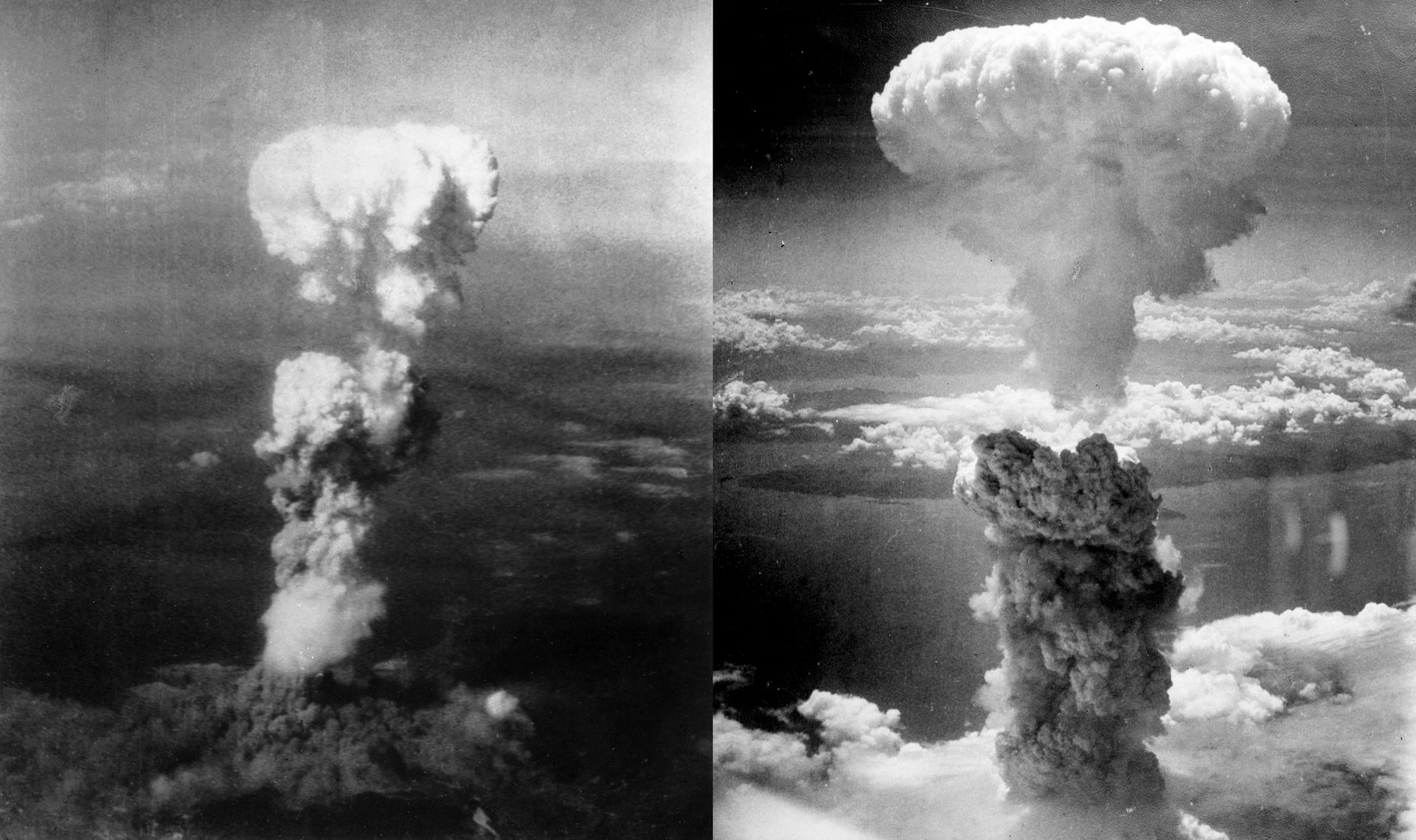On 6 August 1945 – 78 years ago today – the United States dropped a nuclear bomb on the Japanese city of Hiroshima. Three days later, the US dropped a second, even more powerful nuclear weapon on the city of Nagasaki.
Despite killing hundreds of thousands of civilians, most Americans still believe that by hastening the end of the Second World War, the bombings were ultimately justified. Were they?
Not according to nuclear expert Alicia Sanders-Zakre, a Policy and Research Coordinator at the International Campaign Against Nuclear Weapons (ICAN). She told The Brussels Times that it is "very concerning" that the citizens of the only country to have ever directly targeted civilians with nuclear weapons continue to defend their use.
"The claim [that the bombings were justified] was perpetuated by the United States in an attempt to make the indiscriminate killing of hundreds of thousands of people seem more palatable to the US population," she said. "Nuclear weapons [have] catastrophic humanitarian consequences and [cause] indiscriminate harm. They are not justifiable weapons by any means."
'A barbarous weapon'
As Sanders-Zakre pointed out, the Western belief in the legitimacy of the bombings is contradicted by some of the US's most senior military and government officials.
William Leahy, who served as the Chairman of the US Joint Chiefs of Staff during World War Two, wrote in his memoirs that "the use of this barbarous weapon at Hiroshima and Nagasaki was of no material assistance in our war against Japan. The Japanese were already defeated and ready to surrender."
Moreover, an official US government study published a year after the bombings concluded that "Japan would have surrendered [in 1945] even if the atomic bombs had not been dropped, even if Russia had not entered the war, and even if no invasion had been planned or contemplated."
Related News
- 'We must eliminate nukes before they eliminate us,' medical experts warn
- 'Real and palpable fear': Doomsday Clock CEO on avoiding nuclear apocalypse
Should, then, the US formally apologise for the attacks? Many analysts have suggested that it should. But Sanders-Zakre takes a more forward-looking view, positing that the best way for the US to atone for its actions would be for it to sign up to the Treaty on the Prohibition of Nuclear Weapons (TPNW).
This UN agreement explicitly prohibits signatories from developing, possessing, or threatening to use nuclear weapons. "The United States should take full responsibility as the only nation to use nuclear weapons in warfare by joining the community of countries that have chosen to ban and forswear the possession of nuclear weapons."

